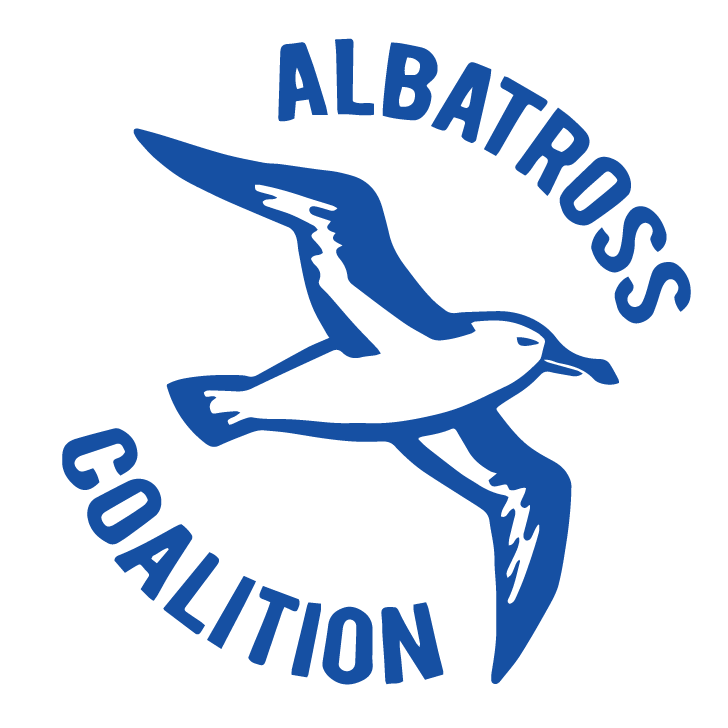UN Talks Stalled: Albatrosses Can’t Wait Until 2026
170 countries couldn’t agree. The fifth round of United Nations negotiations to create a global plastic pollution treaty ended in disappointment in Busan, South Korea in December 2024, with no agreement reached after two years of talks.
The summit brought together over 3,300 participants from more than 170 nations, all working toward what would have been the first legally binding international agreement to end plastic pollution. The stakes couldn’t have been higher. If current trends continue, plastic production will triple by 2060, turning our plastic crisis into an environmental catastrophe.
The talks broke down over fundamental disagreements about how aggressive the treaty should be. More than 100 countries, led by Panama and supported by the European Union, pushed for binding limits on plastic production and bans on certain toxic chemicals used in plastics. They argued that we can’t recycle our way out of a problem that’s growing faster than our ability to manage it.
But a handful of oil-producing nations, including Saudi Arabia, Russia, and Iran, wanted a much weaker agreement focused only on waste management and recycling. These countries benefit economically from increased plastic production since most plastic is made from petroleum and natural gas. Their resistance effectively blocked any meaningful progress.
The deadlock means negotiations will resume in Geneva, Switzerland from August 5-14, 2025. That’s eight more months of delay while plastic continues pouring into our oceans at a rate of 11 million tons per year. For albatrosses and other seabirds, that represents millions more pieces of deadly debris entering their feeding areas.
Environmental groups left Busan frustrated but determined. Many actually preferred no deal to a weak one that would give the appearance of action without requiring real change. As one negotiator put it, “Better to get it right than to get it fast.” The extra time allows for more public pressure and potentially stronger positions from key countries.
What’s particularly frustrating is that the solutions already exist. We know how to make products with less plastic, design packaging that’s truly recyclable, and create alternatives to single-use items. Many companies and cities around the world are already implementing these changes. The treaty negotiations are really about scaling up what’s already working.
The failure in Busan also means the resumed talks will happen under a new U.S. administration, adding another layer of uncertainty to the process. Climate and environmental issues often get caught up in domestic politics, even though plastic pollution affects everyone regardless of political affiliation.
While we wait for governments to act, the responsibility falls to all of us to accelerate the changes that are already underway. Every time we choose a reusable alternative, support companies with sustainable packaging, or contact our representatives about plastic pollution, we’re building the momentum that will eventually force political action.
Albatrosses have been waiting millions of years for us to figure out how to coexist with the ocean they call home. They can’t wait for us to have perfect political conditions. They need us to act now, with whatever tools we have available, while we keep pushing for the systemic changes that only international cooperation can deliver.
